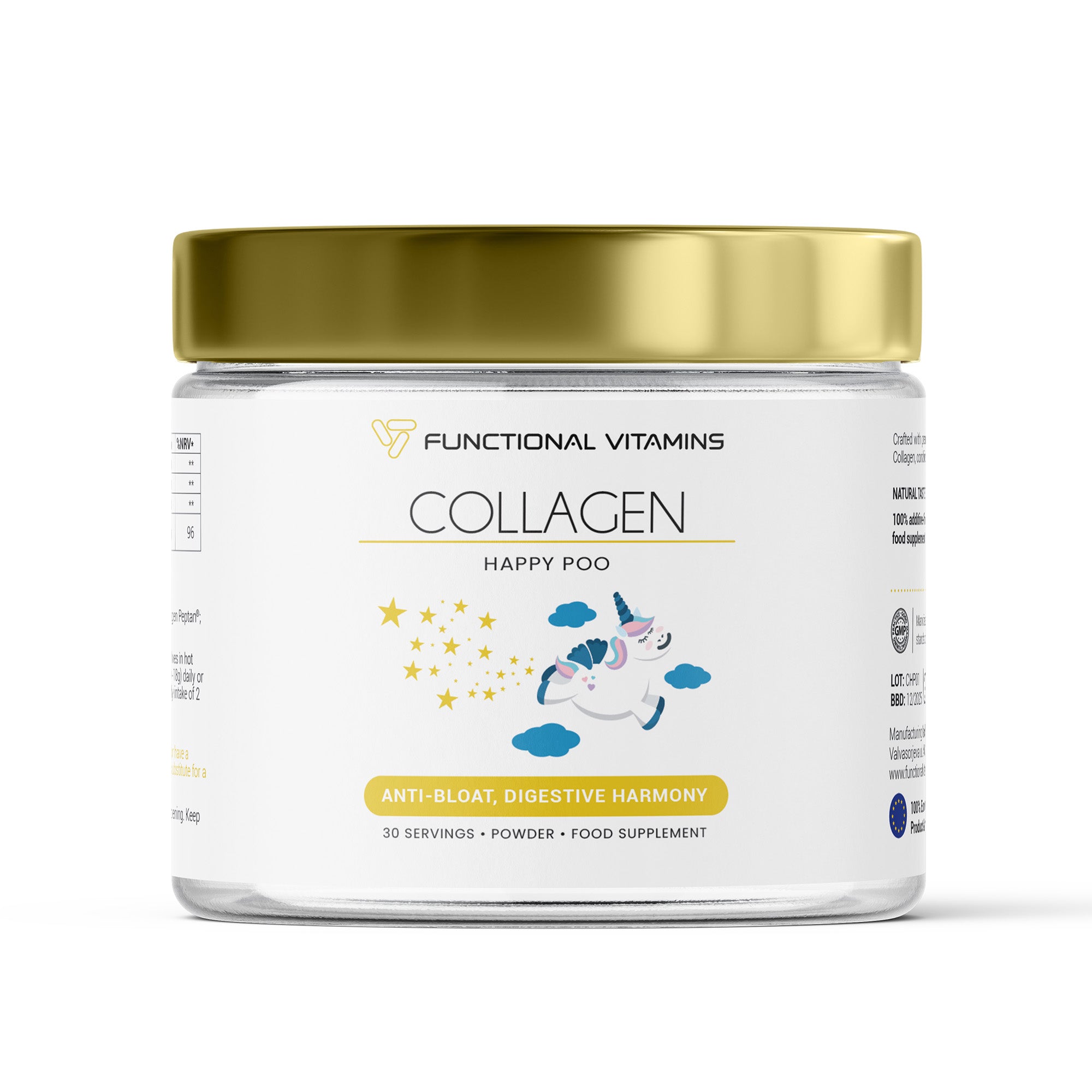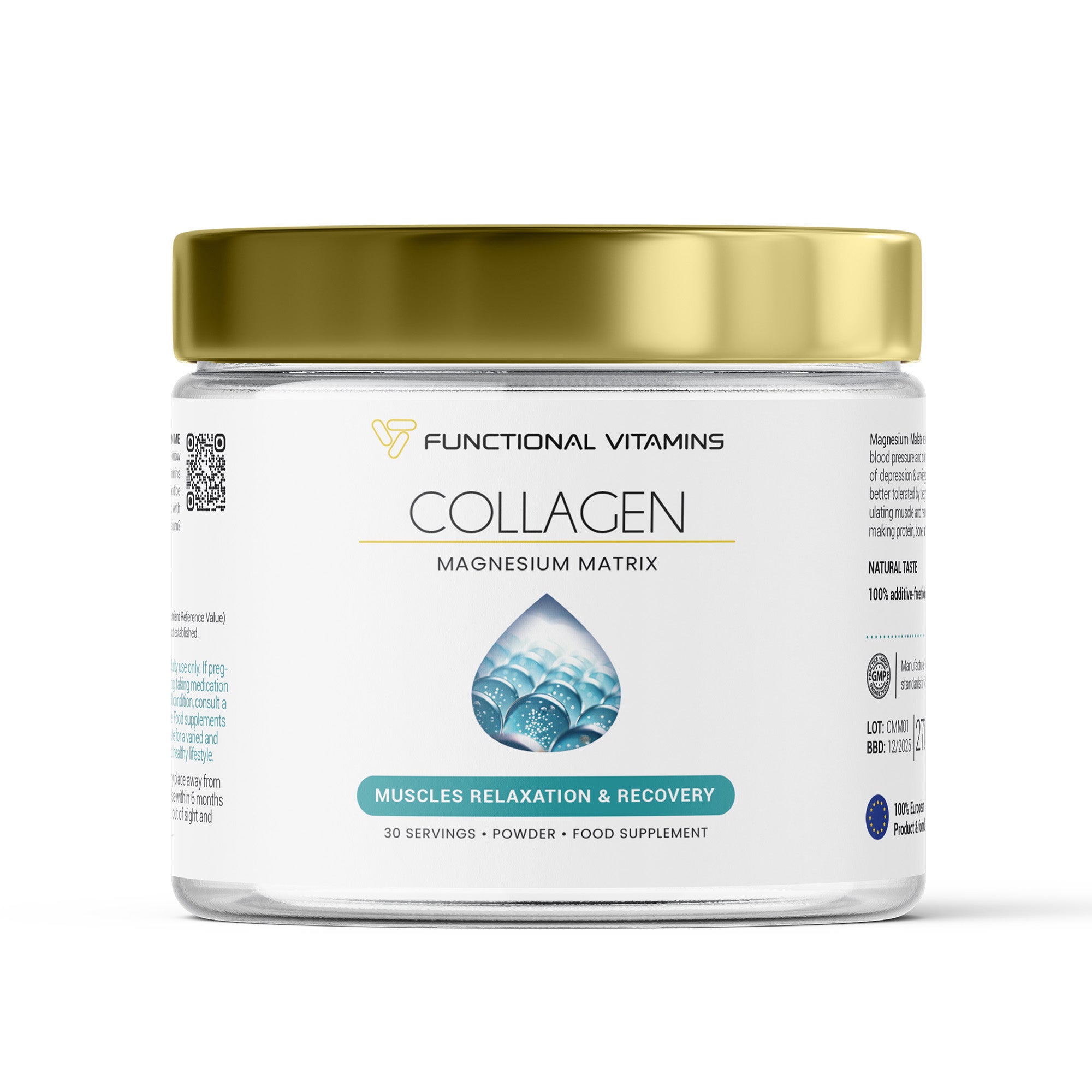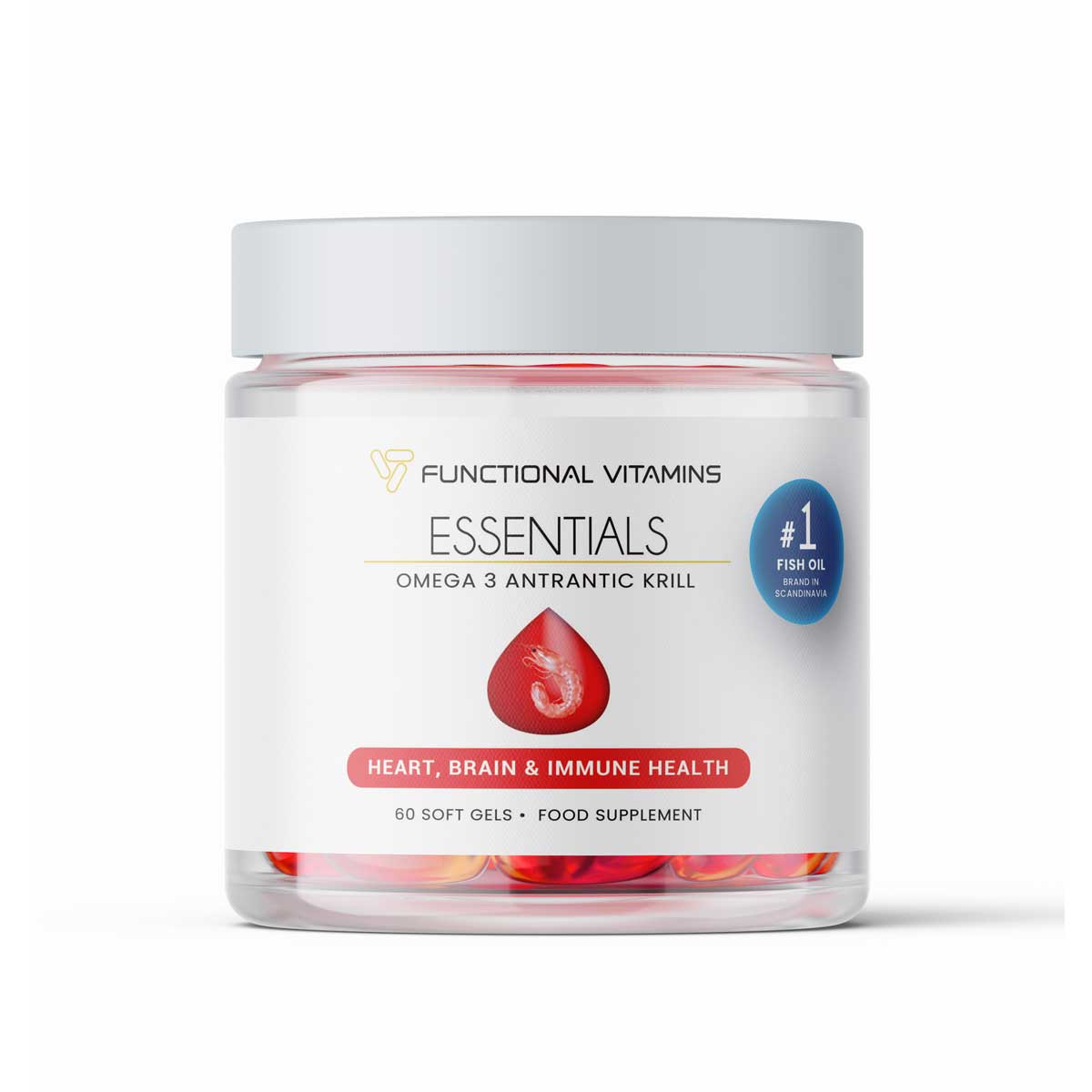We all strive to live a long, healthy, and fulfilling life, filled with vitality. Achieving this goal requires more than just a good mindset—it involves optimizing your physical and mental well-being. Lowering stress, exercising regularly, and maintaining a balanced diet are essential parts of the formula for success. However, one often overlooked secret weapon for boosting overall health is magnesium. This powerhouse mineral offers a myriad of benefits, including better exercise performance, enhanced recovery, and improved mental focus. In this article, we’ll dive deep into the world of magnesium, exploring why it is vital for your body and how to choose the right supplement for maximum effectiveness.
In general, a huge percentage of the world’s population has insufficient magnesium levels.
Physical exercise may deplete magnesium, therefore the supplementation for active ones is even more recommended. Not only because it improves the exercise ability and prevents sore muscles by reducing lactic acid levels, but also because it is consumed more quickly by the body during the exercise.
What benefits does sufficient magnesium intake bring?
There was a case study testing the correlation between magnesium levels and exercise performance. The testing was done 4 weeks and the results indicated that magnesium supplementation improves exercise performance.
Another case study has proven that magnesium supplementation can improve walking ability of elderly. The reasons for good results were higher grip strength, better knee and ankle extension and higher lower-leg powder.
The third case study we would like to expose, is the study made on mice, which exposed that cancerous growth spread faster in the mice’s bodies that were on a low-magnesium diet.
The researchers have proven that magnesium is essential for the functioning of cytotoxic T cells (type of immune cells that attacks cancer cells and cells infected by viruses) and that immune response of those cells against cancer cells were strengthened by an increase of magnesium levels.
Magnesium is also a mineral that helps to transform Vitamin D in its active form. Besides, it helps the kidneys and liver to metabolize Vitamin D.
Daily need and magnesium deficiency symptoms
|
Mineral |
Amount in the human body [g] |
Adults average daily need [g] |
|
MAGNESIUM |
25 |
280-350 |
When our body needs more magnesium, it shows it in the next ways:
- Nausea,
- vomiting,
- body weakness and fatigue
- abnormal heart rhythms,
- lower calcium levels in the blood, also known as hypocalcemia,
- lower potassium levels in the blood, also known as hypokalemia,
- numbness and tingling in different parts of the body,
- muscle cramps and contractions,
- loss of appetite
If you notice these symptoms, it’s a good idea to consult a healthcare professional and consider adding magnesium-rich foods or supplements to your diet.
Enriched foods with magnesium
|
Food |
|
Vitamin C content |
|
Pumpkin seeds |
600mg/100g |
|
|
Chia seeds |
370mg/100g |
|
|
Almonds |
267mg/100g |
|
|
Dark chocolate |
232mg/100g |
|
|
Cashew nuts |
296mg/100g |
|
|
Avocado |
|
29mg/100g |
|
Tofu |
30mg/100g |
|
|
Atlantic salmon |
|
27mg/100g |
|
Banana |
27mg/100g |
Incorporating these foods into your daily diet can help maintain adequate magnesium levels and support various body functions.
Different sources of magnesium, treatment, and liposomal form
Magnesium supplements come in various forms, each with unique benefits and absorption rates. Here's a breakdown of the most common types:
|
Type of magnesium |
Additionally bonded ingredient |
Active Mg content |
Treatment |
|
Oxide |
Inorganic form |
61% |
Against constipation |
|
Citrate |
Acid |
16% |
Raising mg levels, against constipation, calming against depression, anxiety, migraine |
|
Chloride |
Inorganic form |
25,5% |
Raising mg levels, against constipation; |
|
Sulfate = Epsom salt |
Inorganic form |
10% |
When applied locally relaxes muscles and contributes to stress relief |
|
Glycinate |
Amino acid |
14% |
Brain function – treats insomnia, anxiety, depression, stress |
|
Malate |
Acid |
15% |
Increasing magnesium levels, less of a laxative effect than other forms |
|
Taurate |
Amino acid |
9% |
Regulating blood sugar levels and lowering high blood pressure |
|
Orotate |
Acid |
6% |
Boosting heart health, not as laxative as other forms |
|
Carbonate |
Inorganic form |
28,5% |
Neutralizes acid in the stomach |
|
Lactate |
Acid |
12% |
Because of gentler activity and combining with lactic acid, it’s suitable for people not tolerating the other forms |
|
L-threonate |
Amino acid |
7,2% |
Brain function – potentially helping to treat memory loss, Alzheimer, depression |
|
Hydroxide |
Inorganic form |
42% |
Laxative and antacid effect |
|
Aspartate |
Amino acid |
10% |
Increasing magnesium levels, lowering stomach acid |
Who Should Be Cautious with Magnesium Supplements?
Although magnesium is generally safe for most people, there are certain groups who should consult with their doctor before taking magnesium supplements:
- Pregnant women: Since research on magnesium supplementation during pregnancy is limited, it’s best to consult a healthcare provider.
- People allergic to plants in the Asteraceae family: Those with allergies to plants in this family should exercise caution.
- Diabetics: Magnesium can interact with medications for regulating blood sugar.
- Those with certain types of breast cancer: Magnesium may have estrogenic effects, so it’s important to consult a doctor.
In studies involving high dosages, only about 1% of participants reported mild side effects like digestive discomfort, but it's always wise to check before starting a new supplement.
Magnesium plays a pivotal role in keeping your body running smoothly, from boosting exercise performance to supporting mental clarity and immune health. By ensuring you're getting enough magnesium—whether through food, standard supplements, or liposomal magnesium—you can supercharge your health and maintain vitality throughout your life.
So, whether you’re an athlete looking to enhance performance, a senior wanting to stay active, or simply someone who wants to feel their best, magnesium could be the missing link in your wellness journey. Keep your magnesium levels in check and unlock the key to longevity and optimal health!
References: [1] https://www.healthline.com/nutrition/10-foods-high-in-magnesium
[2] https://health.clevelandclinic.org/feeling-fatigued-could-it-be-magnesium-deficiency-and-if-so-what-to-do-about-it/
[3] https://ods.od.nih.gov/factsheets/Magnesium-HealthProfessional/
[4] https://www.ncbi.nlm.nih.gov/pmc/articles/PMC5622706/












Leave a comment
This site is protected by hCaptcha and the hCaptcha Privacy Policy and Terms of Service apply.